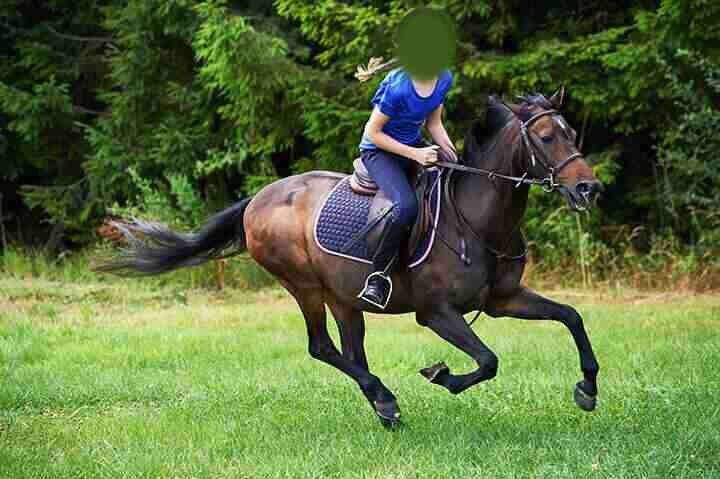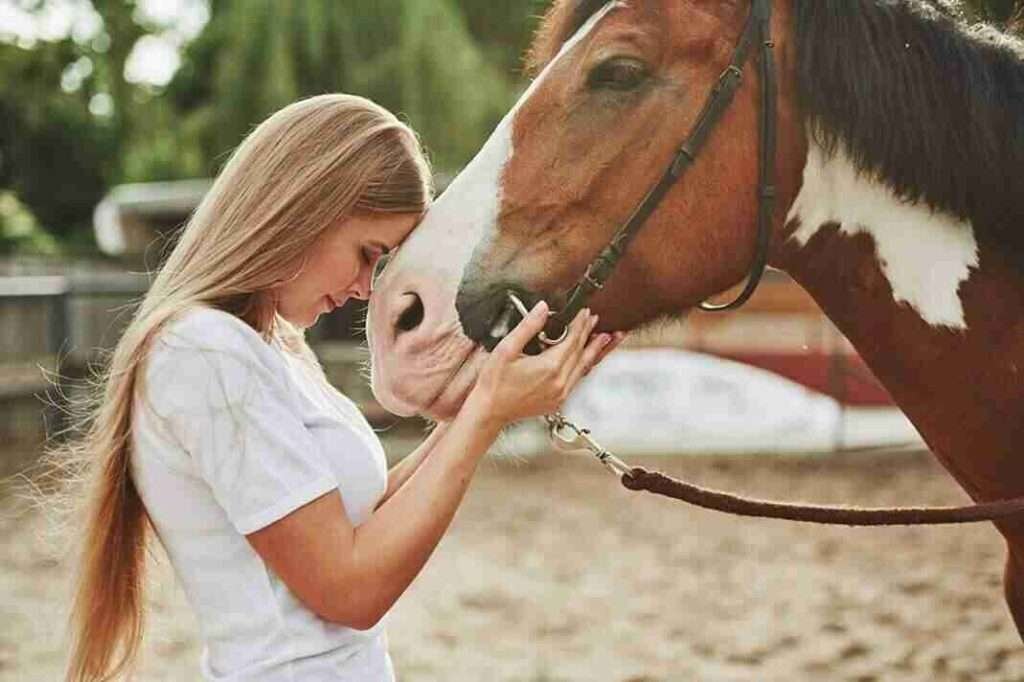Buying a horse is a significant decision that requires careful thought and consideration. Whether you’re a seasoned equestrian or a first-time buyer, navigating the equine market necessitates a thoughtful approach. In this article, we’ll delve into the crucial factors to consider when purchasing a horse, ensuring a harmonious partnership between you and your new equine companion.
Define Your Purpose When Buying a Horse
Riding Discipline
Determine your primary riding discipline, whether it’s trail riding, dressage, jumping, or Western disciplines. Different horse breeds and individual horses excel in specific areas.
Skill Level
Assess your riding skill level. Novice riders may benefit from a well-trained, calm horse, while experienced riders might seek a more spirited and advanced mount.
Budget Considerations
Initial Purchase Cost
Establish a realistic budget for the initial purchase. Prices can vary widely based on factors like breed, training, horse age, and overall health.
Ongoing Expenses
Consider the ongoing expenses of horse ownership, including boarding, horse feed, veterinary care, farrier services, and any additional training.
Assessing Health When Buying a Horse
Pre-Purchase Exam
Opt for a thorough pre-purchase veterinary exam. This examination assesses the horse’s overall health, and soundness, and identifies any potential issues.
Medical History
Request the horse’s complete medical history, including vaccinations, dental records, and any past injuries or illnesses. This information is crucial for ongoing care.
Temperament and Compatibility
Matched Temperament
Seek a horse with a temperament that aligns with your own. A calm and cooperative temperament is essential for a positive riding experience.
Test Rides
Conduct multiple test rides to gauge the horse’s behavior under saddle. Pay attention to responsiveness, willingness, and any signs of discomfort.
Consider the Horse’s History
Past Training
Inquire about the horse’s past training and experiences. A well-trained horse often requires less adjustment to a new environment and rider.
Previous Owners
If possible, gather information about the horse’s previous owners. This insight can provide valuable details about the horse’s background and care.
Stable and Pasture Conditions
Boarding Facilities
Evaluate the quality of boarding facilities or stables where the horse will be kept. Ensure that the environment is safe, and clean, and provides adequate space for exercise.
Pasture Turnout
If the horse will have pasture access, assess the turnout conditions. A well-maintained pasture contributes to the horse’s overall well-being.
Legal Considerations
Bill of Sale
Always secure a comprehensive bill of sale. This legal document outlines the terms and conditions of the transaction, protecting both the buyer and the seller.
Ownership Transfer
Follow proper procedures for ownership transfer, including updating registration papers and contacting relevant equine organizations.
Conclusion
Buying a horse is a rewarding endeavor when approached with careful consideration. By defining your purpose, setting a realistic budget, assessing health and temperament, considering the horse’s history, evaluating living conditions, and adhering to legalities, you pave the way for a successful and fulfilling equine partnership.
FAQs:
Can I negotiate the price when buying a horse?
Yes, many sellers are open to negotiation. Be well-prepared, and express a genuine interest in the horse’s well-being.
How often should I schedule veterinary check-ups for my horse?
Schedule routine veterinary check-ups at least once a year, with additional visits as needed based on the horse’s health and any specific concerns.
Are there specific breeds recommended for beginners?
Yes, certain breeds, such as the Quarter Horse and Morgan, are known for their calm temperament and are often recommended for novice riders.
What type of feed is suitable for horses?
Consult with a veterinarian or equine nutritionist to determine the best feed for your horse based on factors like age, activity level, and health status.
Can I keep a horse on my property?
Yes, if you have adequate space, facilities, and time to meet the horse’s needs. Ensure compliance with local zoning and animal welfare regulations.





